<![CDATA[
Legacy growers in three of Morocco’s northern provinces can now legally cultivate cannabis for industry and export under the oversight of the National Agency for the Regulation of Cannabis Activities.
The North African country’s government officials issued 10 licenses to farmers in the northern regions of al-Hoceima, Chefchaouen and Taounate, where they will be allowed to produce and sell cannabis for medical, pharmaceutical and industrial use following a new law parliamentary leaders passed last year, Reuters reported. Adult-use cannabis remains prohibited.
The 2021 law was intended to improve the impoverished mountainous regions of Morocco, where cannabis has been grown for centuries, but was banned in 1954, and to protect the local farmers from drug traffickers who control the trade and export it illegally to Europe, according to the news source.
In Morocco’s illicit market, northern region farmers earn roughly 4% of the crop’s end value. Government officials claim a regulated market will allow those farmers to earn 12% under the new law, according to a report from Cannavigia, a Switzerland-based compliance software company that helps track and trace cannabis along the supply chain in Europe.
The law also recommends that farmers set up cooperatives in the northern provinces to help take charge of signing contracts with manufacturers to help preserve their rights, practice sustainable agriculture and to acquire quality seeds, according to Cannavigia.
The Moroccan government estimates at least 60,000 families living on 55,000 hectares (roughly 212 square miles) depend on cannabis cultivation in the harsh growing environment of the country’s northern mountainous region, where other crops are not viable.
The new law leaves the door open for other provinces to be added to the regulated market, “depending on the interest shown by national and international investors in activities linked to the cannabis production chain,” according to the Morocco Ministry of the Interior.
]]>
